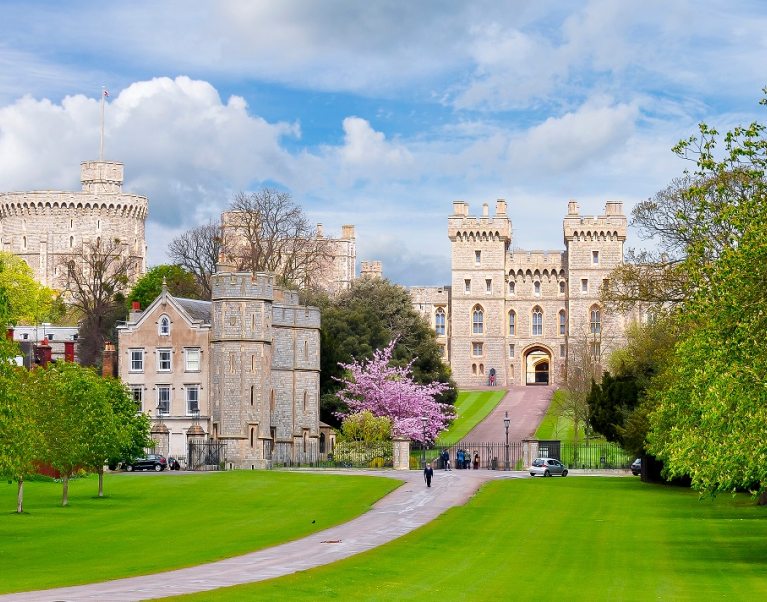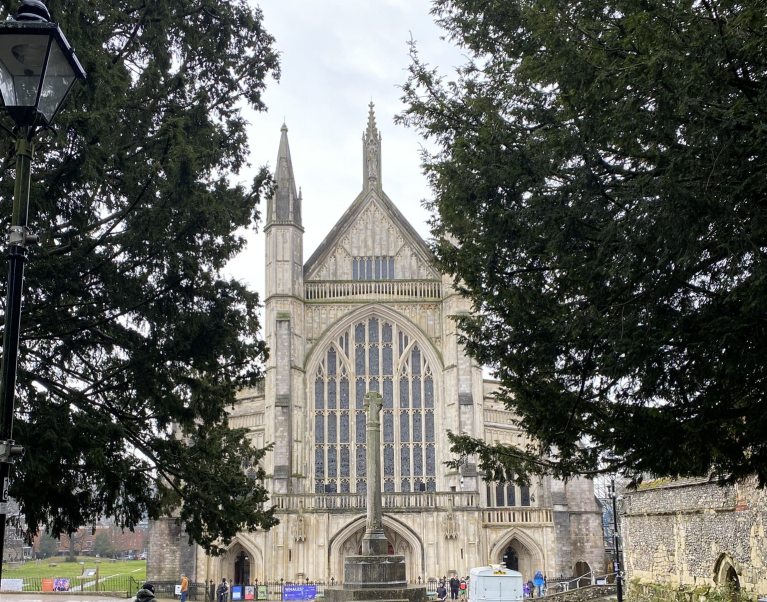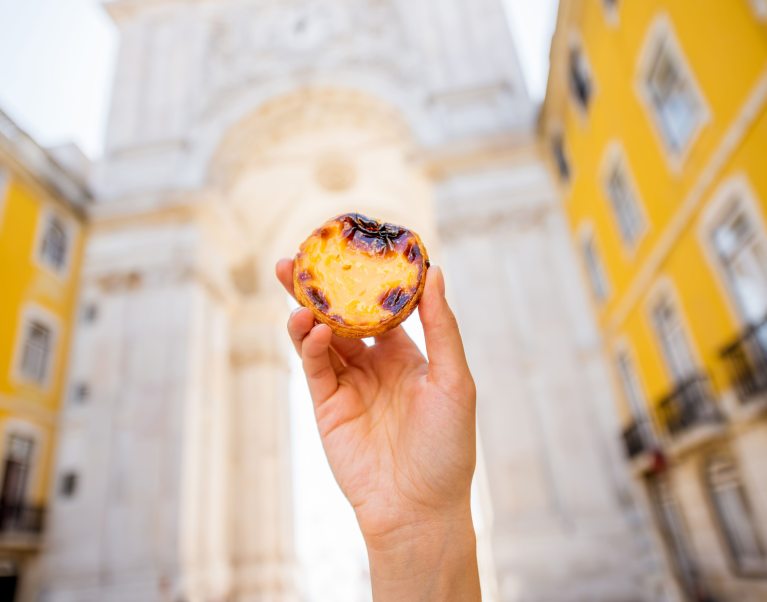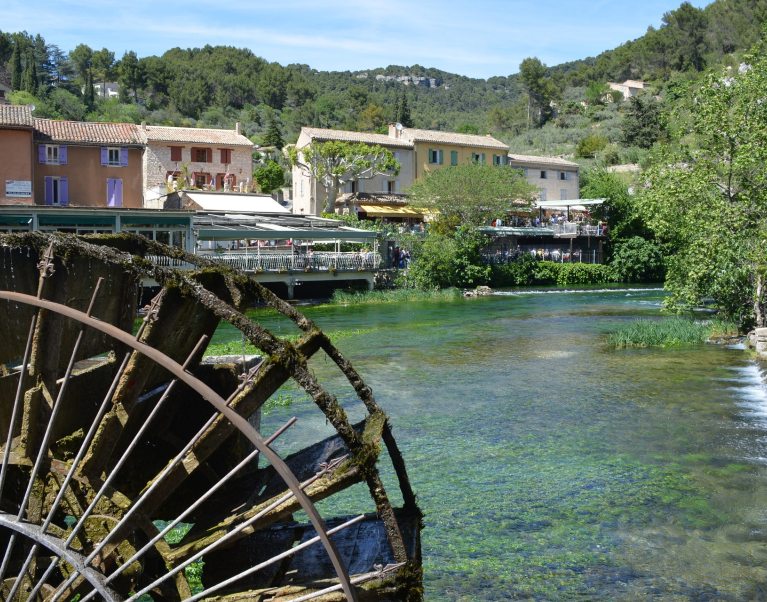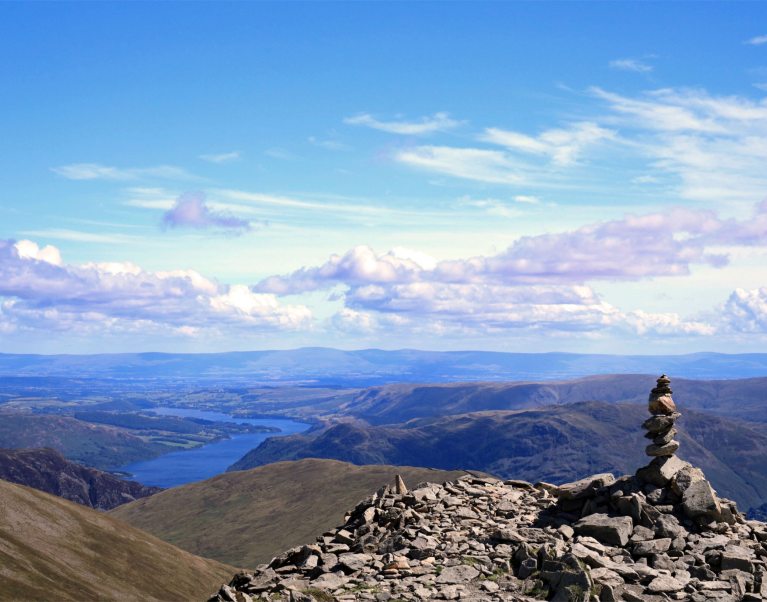Englishness - Manners and Monarchy!
20th March, 2025
Englishness - Manners and Monarchy!
Here at the Carter Company, we specialise in luxury cycling and walking holidays around the UK. Although we do plenty of tours to the stunning Scottish Highlands or through wonderful Wales, this week is English Tourism Week, and to mark it we’re celebrating our favourite tours through this green and pleasant land, whilst reflecting on some of the things that make the country we call home special.
People all over the world probably know two things about England. Firstly, they know that our head of state is His Majesty, King Charles III. Our monarchy is one of the oldest in the world, and there has been a King or Queen of England since the 9th century. Secondly, they know that the English are polite, and indeed, today, the royal family – and their subjects – are generally quite well-behaved. But this wasn’t always the case.
Magna Carta
Until 1215, the were no formal rules about what the King could or could not do. King John’s barons rebelled against him, and forced him to sign a treaty, the Magna Carta, which gave some men some rights. This bout of misbehaviour led to the oldest constitution in the Anglophone world and is the basis of the rights that we, as well as many other modern constitutions, enjoy today. One of the four surviving copies of the Magna Carter is at Salisbury Cathedral, and this ancient city features in many of our tours of the West Country and Southern England. Our tour of England’s Great West Way passes through Salisbury on a cycling trip that runs from the arty city of Bristol (home of the internationally renowned graffitist, Banksy) to London.
Monarchy
If you’re interested in finding out more about the history of the royal family, you simply must stop at Windsor Castle - and Hampton Court Palace, on your way along the Thames. Windsor Castle – the world’s oldest and largest occupied castle known - was one of the late Queen’s favourite residences, but in the Middle Ages it was the site of numerous battles and sieges, when the English revolted against the occasional overbearing king. Hampton Court is the enormous estate built by Cardinal Wolsey and appropriated by the tyrannical Henry VIII, and the grandeur of its halls and gardens tells the story of England’s infamous Tudor dynasty. Although Henry VIII is best known for being an absolutely terrible husband, he is also quite important because the tensions around his reformation of the English church led to centuries of religious conflict – which certainly wasn’t polite! His distant descendent, Charles III, enjoys gardening and is a passionate environmentalist, which reflects a distinct mellowing of our national character since medieval times.
Landscape
England’s landscape is also complex (and let's not even start on the weather!). While we might think that the rolling hills of the Cotswolds and the Chilterns are typical of the English countryside, there is a great diversity of scenery the length and breadth of England. In the far northwest, you will find the Lake District National Park, whose dramatic mountains and lakeside villages were beloved by the Romantic poets. Hadrian’s Wall, the great Roman fortification that protected their empire from the Picts, begins just north of here, and our Hadrian’s Wall Walk takes you east through the rugged fells of Cumbria and Northumbria, all the while immersing you in England’s wild north. This tour ends in the cosmopolitan port city of Newcastle, which has been transformed in recent years – like many English industrial towns – into the ideal spot for a city break, with plenty of pubs, museums, and cultures from around the world.
All down the east coast, you will find the landscape surprisingly flat, not unlike the Low Countries in Europe. It is also surprisingly dry – not every English person carries a brolly! Many, many miles to the south of Newcastle, in Suffolk, you will find captivating coastal walks and desolate heaths, and quaint little villages that history has passed by. If you then chose to follow the coast, around verdant Kent and heading west, you would find the epic cliffs of Devon and Cornwall. Long ago, the coves and caves of these counties were used by smugglers to help sate our deep desire for affordable tea – some stereotypes about the English are, in fact, true!
This whistle-stop tour of England and its history has hopefully helped you untangle some of your assumptions about Englishness. We’re polite – but haven’t always been – and our landscape is beautiful – but more diverse than most could have imagined. But don’t take our word for it, come see for yourself!
Posted by: Will Garbett
Tags: Cycling holidays, Don't miss, History, Tailor-made by us, Walking holidays

